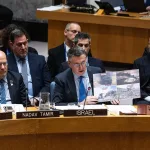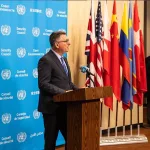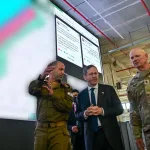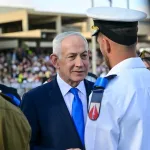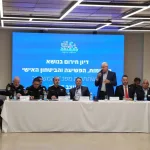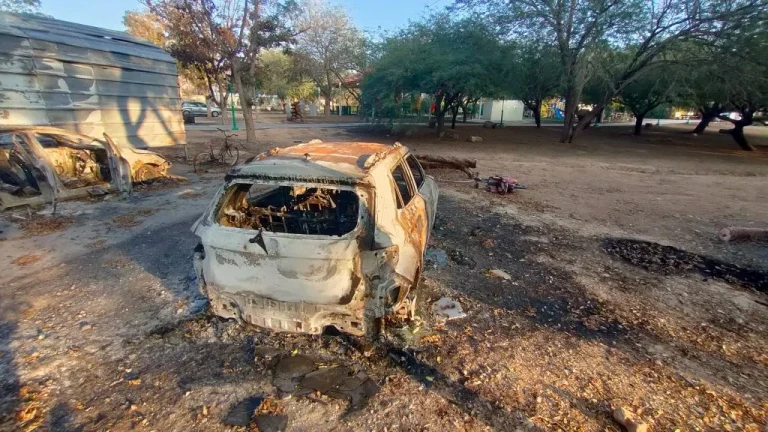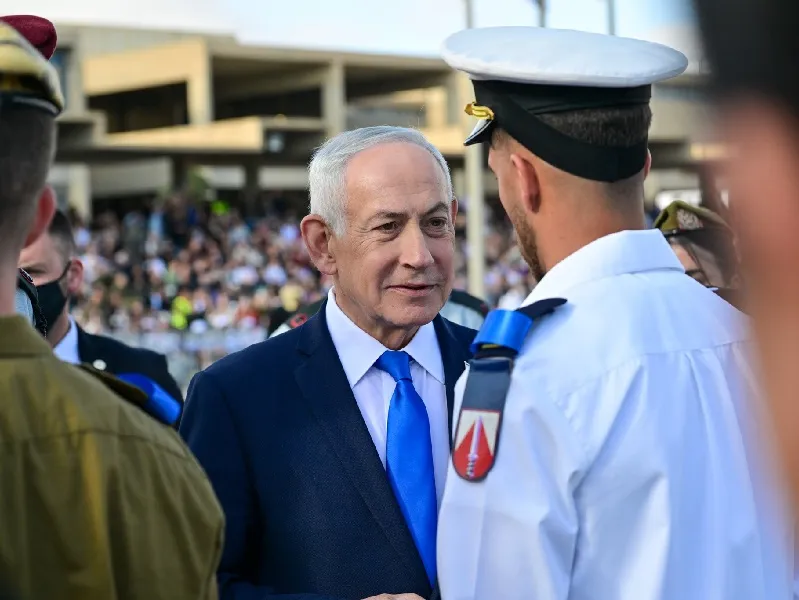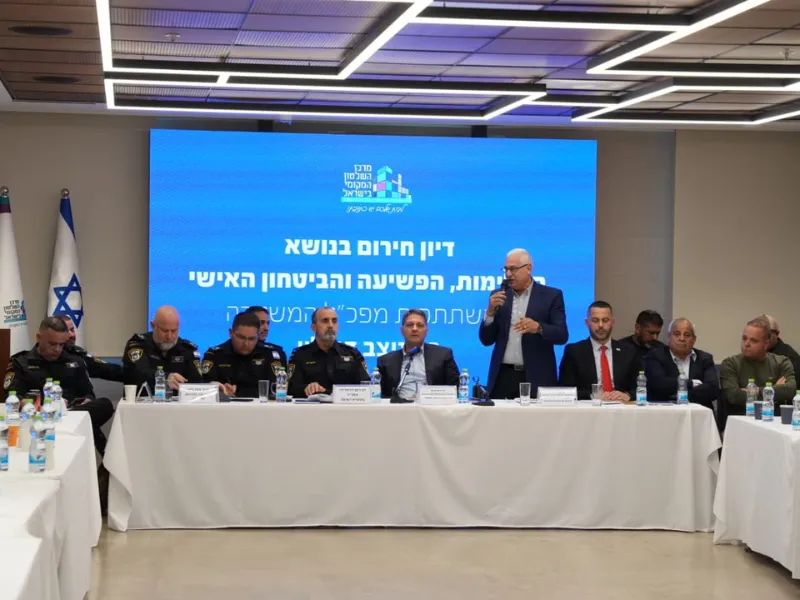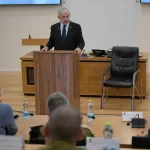Jerusalem, 11 September, 2025 (TPS-IL) — Members of Kibbutz Magen’s civilian security team prevented a massacre during Hamas’ October 7 attack while the Israel Defense Forces failed in its mission to protect the community, according to an army inquiry released on Thursday.
The probe, led by Colonel Ziv Beit Or, found that the kibbutz’s 26-member standby squad and volunteer residents successfully repelled waves of Hamas terrorists, forcing their retreat and preventing kidnappings that could have resulted in far greater casualties. The community is five kilometers from the Gaza border.
“The fighting of the members of the alert squad, the chief of the kibbutz and his deputy, together with the residents of the kibbutz who joined, repelled the terrorists, led to their retreat to the Gaza Strip, and prevented heavy casualties and damage,” the investigation stated.
The attack on Kibbutz Magen unfolded in three distinct waves beginning at 6:29 a.m., when Hamas launched thousands of rockets across southern Israel. Under cover of the barrage, approximately 70 to 100 terrorists attacked the kibbutz in successive groups. The first wave involved 20 to 30 fighters, followed by 30 to 40 in the second wave, and about 20 in the final assault.
Security coordinator Baruch Cohen, 72, who had spent years preparing the kibbutz’s defenses, led the initial response alongside his deputy and standby squad members. They moved to an observation point on nearby Givat Hasheikh, the highest point in the western Negev, where they received reports of terrorists infiltrating factories north of the kibbutz and killing a guard.
The terrorists, described as belonging to a well-equipped Hamas brigade, arrived in military uniforms with pickup trucks and motorcycles, breaching the kibbutz fence with explosive charges. Many took cover in dirt mounds near the breach point while others remained outside the perimeter, firing into the community.
During the fierce battle that followed, Cohen was wounded in the leg while driving toward the attackers and came under heavy fire. Two squad members attempted to rescue him but were forced to retreat when terrorists fired an RPG at his vehicle. In a subsequent rescue attempt, Avi Fleisher, another security team member, was mortally wounded while trying to evacuate Cohen.
The investigation revealed that IDF forces from the Golani Brigade’s 51st Battalion, responsible for defending the area, were overwhelmed and significantly outnumbered. Battalion fighters “fought bravely and courageously and lost many commanders and soldiers,” but coordination difficulties and command breakdowns left the kibbutz defenders fighting alone for critical hours.
By 10:40 a.m., Hamas commanders realized their assault had failed and ordered a withdrawal. The terrorists retreated through the fence breach, carrying their wounded and dead, while leaving behind two bodies, weapons, and a pickup truck. The battle continued until noon as remaining terrorists fled toward Gaza.
IDF troops did not arrive at the kibbutz until 1:30 p.m., conducting searches until 7 p.m. to ensure the area was clear of threats. By then, the civilian defenders had already secured the community.
Two kibbutz residents were killed in the fighting: Fleisher, who died from his wounds after being airlifted for medical treatment, and Ofir Mordechai Yaron, who was killed while traveling to help defend the kibbutz. Approximately 10 terrorists were eliminated during the battle.
The investigation praised the “rescue operations, treatment, and evacuation of the wounded by residents and members of the alert squad” as “commendable,” highlighting how civilian volunteers provided medical care under fire.
The report is the latest in a series of detailed army probes into how some 5,000 terrorists from Hamas and Palestinian Islamic Jihad managed to attack numerous Israeli communities and overrun army positions. The army’s chain of command broke amid the chaos while soldiers were outnumbered.
The investigations found that the army misunderstood Hamas’ intentions, and as October 7 approached, intelligence about the looming attack was misinterpreted. The military was also more focused on threats from Iran and its proxy Hezbollah in Lebanon.
The IDF probes only address issues of operations, intelligence, and command, not decisions made by the political echelon.
Prime Minister Benjamin Netanyahu has resisted calls for a formal state commission of inquiry
, saying he opposes a “politically biased” probe. Critics accuse Netanyahu of delaying the inquiry and trying to water down its mandate.
Approximately 1,200 people were killed and 252 Israelis and foreigners were taken hostage in Hamas’ attacks on Israeli communities near the Gaza border on October 7. Of the 48 remaining hostages, about 20 are believed to be alive.








